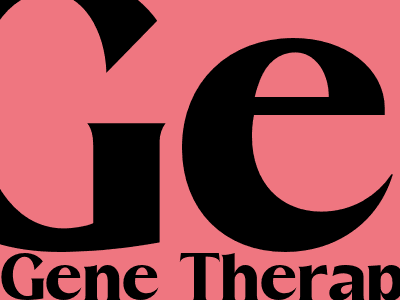
Gene Therapy Market Future Business Opportunities 2024-2031
Rising Prevalence of Genetic Disorders Fuels Market Growth
The increasing prevalence of genetic disorders, such as cystic fibrosis, hemophilia, and sickle cell disease, is driving the demand for gene therapy. According to the National Institutes of Health (NIH), over 300 million people worldwide are affected by genetic disorders.
Gene therapy offers a potential cure or treatment for these disorders by introducing healthy genes into the body's cells. This approach has shown promising results in clinical trials, leading to increased investment and research in the field.
Advancements in Gene Delivery Technology
Technological advancements in gene delivery methods have significantly contributed to the growth of the gene therapy market. These methods allow for more efficient and targeted delivery of therapeutic genes to the body's cells.
Viral vectors, such as adeno-associated viruses (AAVs) and lentiviruses, have been widely used to deliver genes. However, non-viral delivery systems, such as lipid nanoparticles and CRISPR-Cas systems, are gaining attention due to their reduced immunogenicity and improved safety profile.
Expansion of Therapeutic Applications
The gene therapy market is expanding beyond rare genetic disorders to include a wider range of therapeutic applications. These applications include cancer, cardiovascular diseases, and neurodegenerative disorders.
Recent advances in gene editing technologies, such as CRISPR-Cas, have made it possible to target specific genes and correct genetic defects in a more precise and efficient manner. This has opened up new possibilities for treating a variety of diseases that were previously untreatable.
Government Funding and Support
Governments worldwide are investing heavily in gene therapy research and development. Funding agencies, such as the National Institutes of Health (NIH) and the European Commission, are providing grants to support clinical trials and advance gene therapy technologies.
In addition, governments are implementing policies and regulations to promote the safe and ethical use of gene therapy. This support helps to foster innovation and bring gene therapies to the market.
Challenges and Opportunities in the Gene Therapy Market
- High Cost of Gene Therapies: Gene therapies can be expensive to develop and manufacture, posing a challenge to their affordability and accessibility for patients.
- Safety Concerns: Ensuring the safety and efficacy of gene therapies is crucial, especially considering the potential risk of long-term side effects.
- Regulatory Considerations: Navigating complex regulatory pathways and obtaining regulatory approval for gene therapies can be time-consuming and costly, requiring close collaboration with regulatory agencies.
- Ethical Implications: Gene therapy raises ethical concerns related to genetic manipulation, potential germline editing, and the equitable distribution of these therapies.
Despite these challenges, the gene therapy market holds immense promise for revolutionizing healthcare. With continued research, technological advancements, and supportive policy frameworks, the field is expected to witness significant growth in the coming years.
Conclusion: A Future Transformed by Gene Therapy
The future of gene therapy is bright, with the potential to transform the lives of millions of people living with genetic disorders and other diseases. The combination of ongoing research, technological advancements, government support, and ethical considerations will shape the trajectory of this rapidly evolving field.
Gene therapy has the power to revolutionize healthcare, offering hope and improved outcomes for patients facing debilitating diseases. As the field continues to advance, we can expect even greater breakthroughs and the realization of its full potential in the years to come.